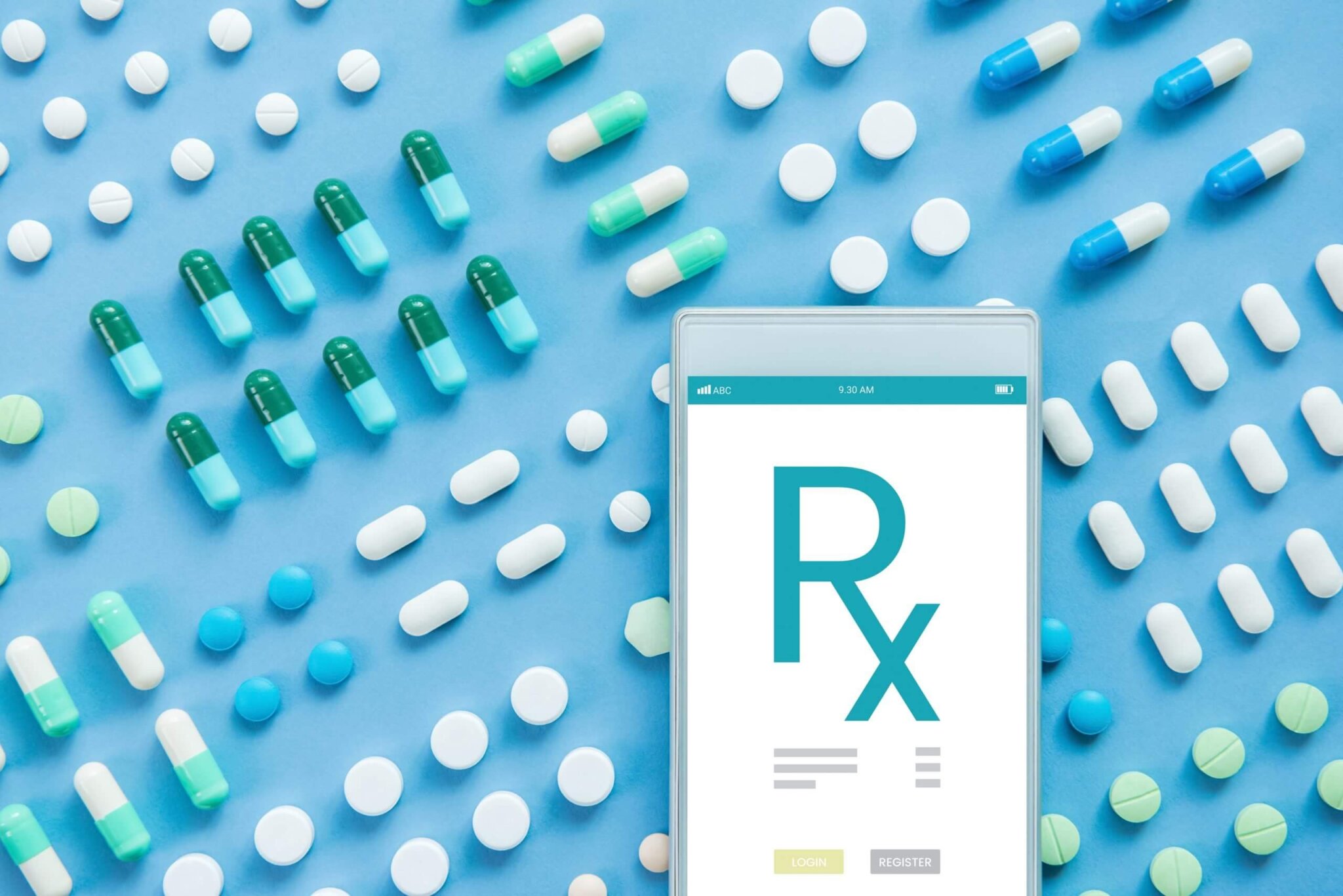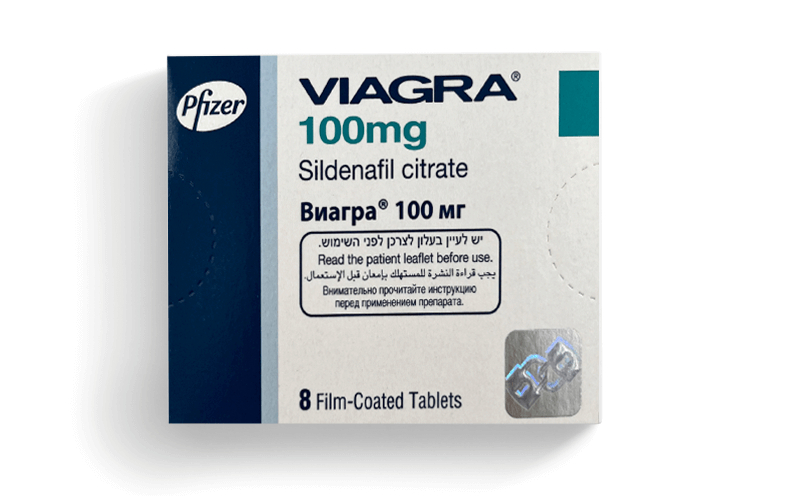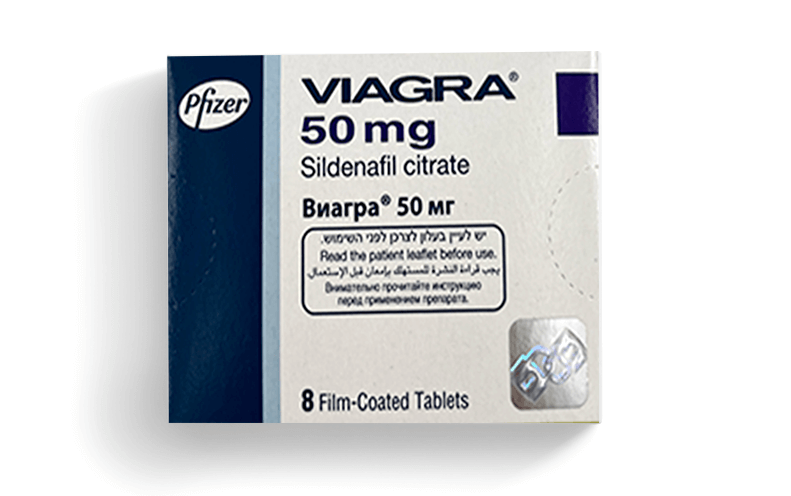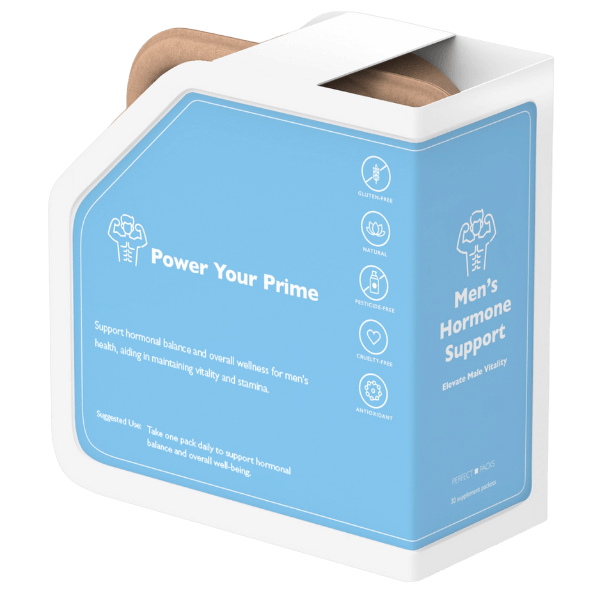Viagra (
generic name: sildenafil) is a prescription medication belonging to the class of phosphodiesterase type 5 (PDE5) inhibitors. It is primarily used to treat
erectile dysfunction (
ED) and
pulmonary arterial hypertension (
PAH).
Sildenafil works by
inhibiting the PDE5 enzyme, leading to increased levels of cyclic guanosine monophosphate (cGMP). This results in the relaxation of smooth muscle cells and vasodilation, enhancing blood flow to specific areas of the body. In erectile dysfunction (ED), this mechanism facilitates improved blood flow to the penis during sexual stimulation. In pulmonary arterial hypertension, sildenafil relaxes pulmonary blood vessels,
reducing pulmonary blood pressure and improving exercise capacity.
Dosage
Take Viagra as prescribed and do not change the regimen without first consulting with a doctor. The usual dosages are:
Erectile dysfunction (ED)
Adults up to 65 years: 50 mg taken as needed approximately 1 hour before sexual activity. Depending on efficacy and tolerability, the dose may be increased to 100 mg or decreased to 25 mg. Adults 65 years and older: 25 mg taken as needed approximately 1 hour before sexual activity.
Pulmonary Arterial Hypertension (PAH)
Adults: 20 mg taken three times a day, approximately 4 to 6 hours apart. If a dose is missed, take it as soon as remembered. If it is almost time for the next dose, skip the missed dose and resume the regular dosing schedule. Do not double-dose to make up for a missed dose.
Storage
Store at room temperature between 15°C to 30°C (59°F to 86°F). Keep in the original packaginh and in a dry place away from moisture and direct sunlight. The shelf-life in these conditions is typically 2 years from the date of manufacture.
Questions people ask about Viagra
How long does Viagra last?
Viagra can remain effective for up to 4 hours after ingestion, allowing for greater spontaneity in sexual activity.
Are there any dietary restrictions while taking sildenafil?
Sildenafil can be taken with or without food. However, excessive alcohol consumption may increase the risk of side effects.
Can PDE5 inhibitors be used interchangeably?
While they have similar mechanisms, differences in onset and duration of action exist. A healthcare provider can determine the most appropriate option based on individual needs.
This text is for informational purposes only. Please consult a doctor or pharmacist before using any medication.
Read the information leaflet that comes with the medication.
If a sudden allergic reaction (anaphylaxis) occurs after taking Viagra, with symptoms like swelling of the face, tongue, or throat making it difficult to breathe or swallow, or there is wheezing, hives, rash, blistering, or peeling of the skin, call a doctor or 911 right away, or go to an emergency room immediately.
Most people who use Viagra do not experience any adverse side effects. Doctors prescribe this medication because they assess the benefits of such treatment outweigh any likely unwanted effects.
Some of the side effects that have been reported include:
- Headache
- Flushing
- Upset stomach
- Nasal congestion
- Back pain
- Muscle aches
- Diarrhea
- Dizziness
- Vision changes
- Hearing loss
Rare but more serious side effects have been reported, including an erection lasting more than 4 hours (priapism), sudden vision or hearing decrease or loss, chest pain, shortness of breath. If any of these occur, consult with a doctor immediately.
Severe allergic reactions (anaphylaxis)
Warnings
Anaphylactic Shock: Rare cases of serious allergic reactions have been reported. Seek immediate medical attention if symptoms occur.
Pregnancy and Breastfeeding: Sildenafil is not indicated for use in women and should be avoided during pregnancy and breastfeeding.
Not all side effects are listed here. If these or other unlisted symptoms persist or worsen, consult a healthcare provider or pharmacist.
Erectile dysfunction (ED)
ED is characterized by the inability to achieve or maintain an erection sufficient for satisfactory sexual performance. Symptoms include reduced sexual desire and difficulty achieving an erection.
Pulmonary Arterial Hypertension (PAH)
PAH is a condition of elevated blood pressure in the arteries of the lungs, causing symptoms like shortness of breath, fatigue, chest pain, and dizziness.













